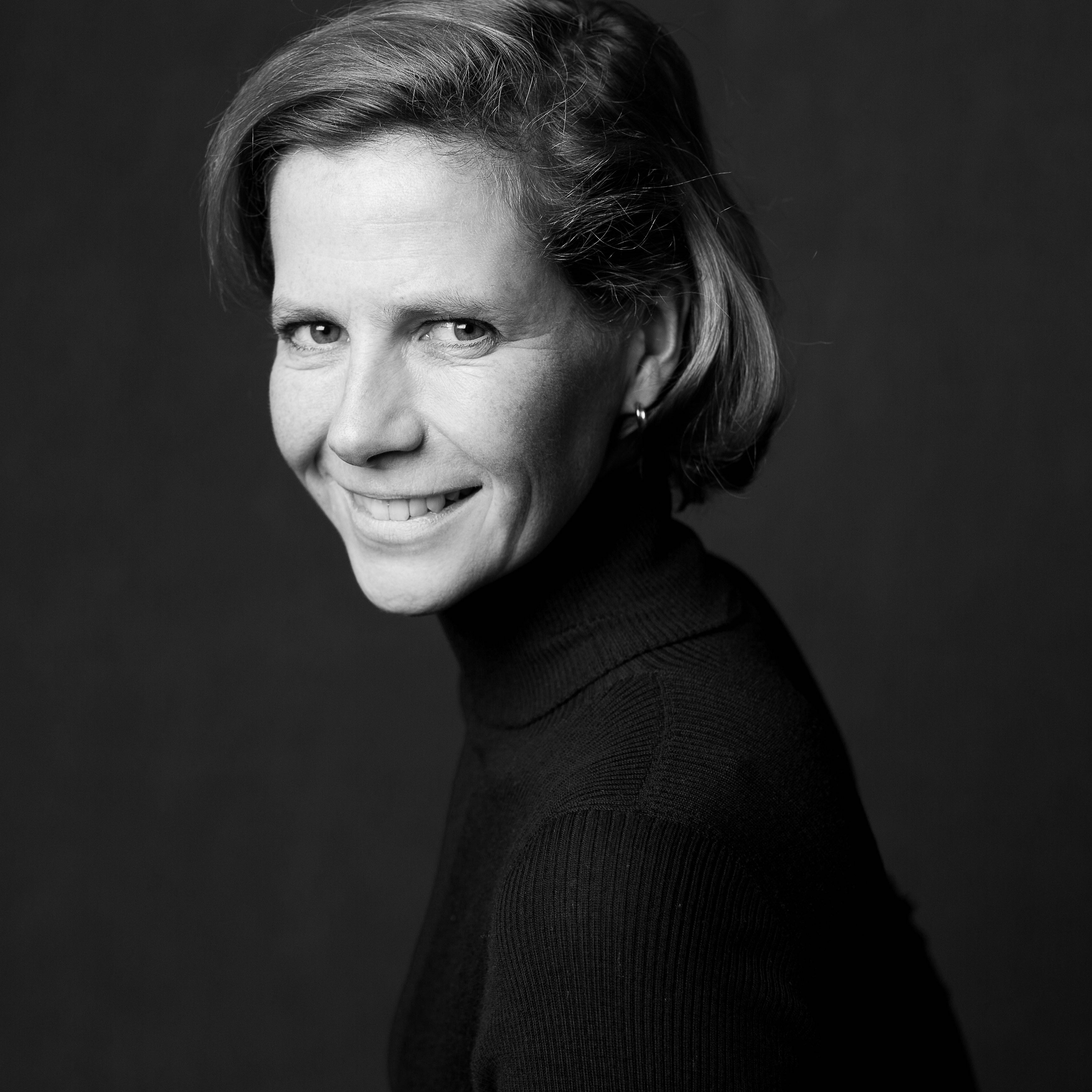Tag: predictive testing
-
We don’t want to know what will kill us
WHEN, in 1996, French nun Mariannick Caniou found out she didn’t have Huntington’s disease, the lethal, degenerative genetic disorder, she fell into a depression. Throughout her life, she had been convinced that she would develop the illness that had killed her mother and grandmother. So convinced, in fact, that all her most important decisions had…
